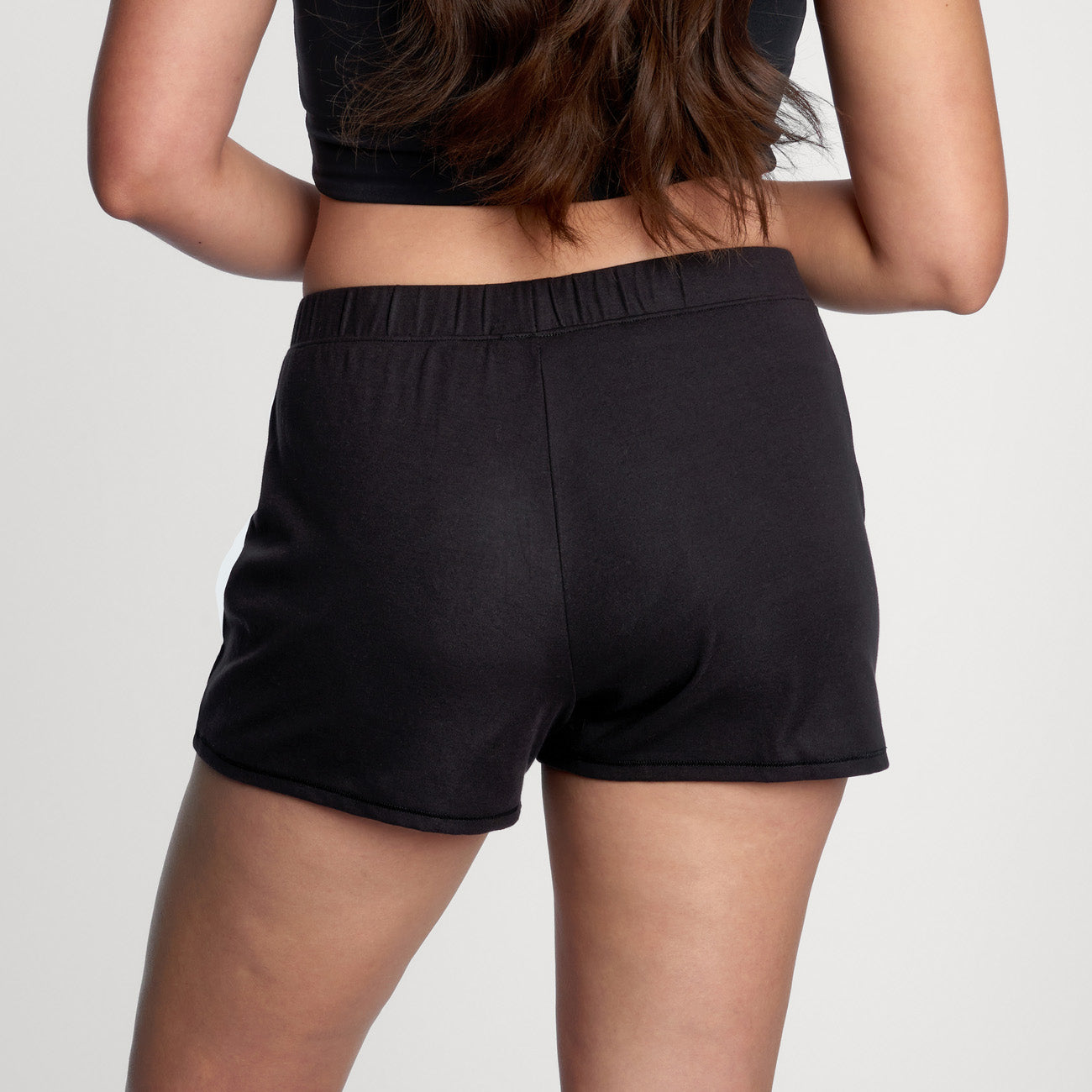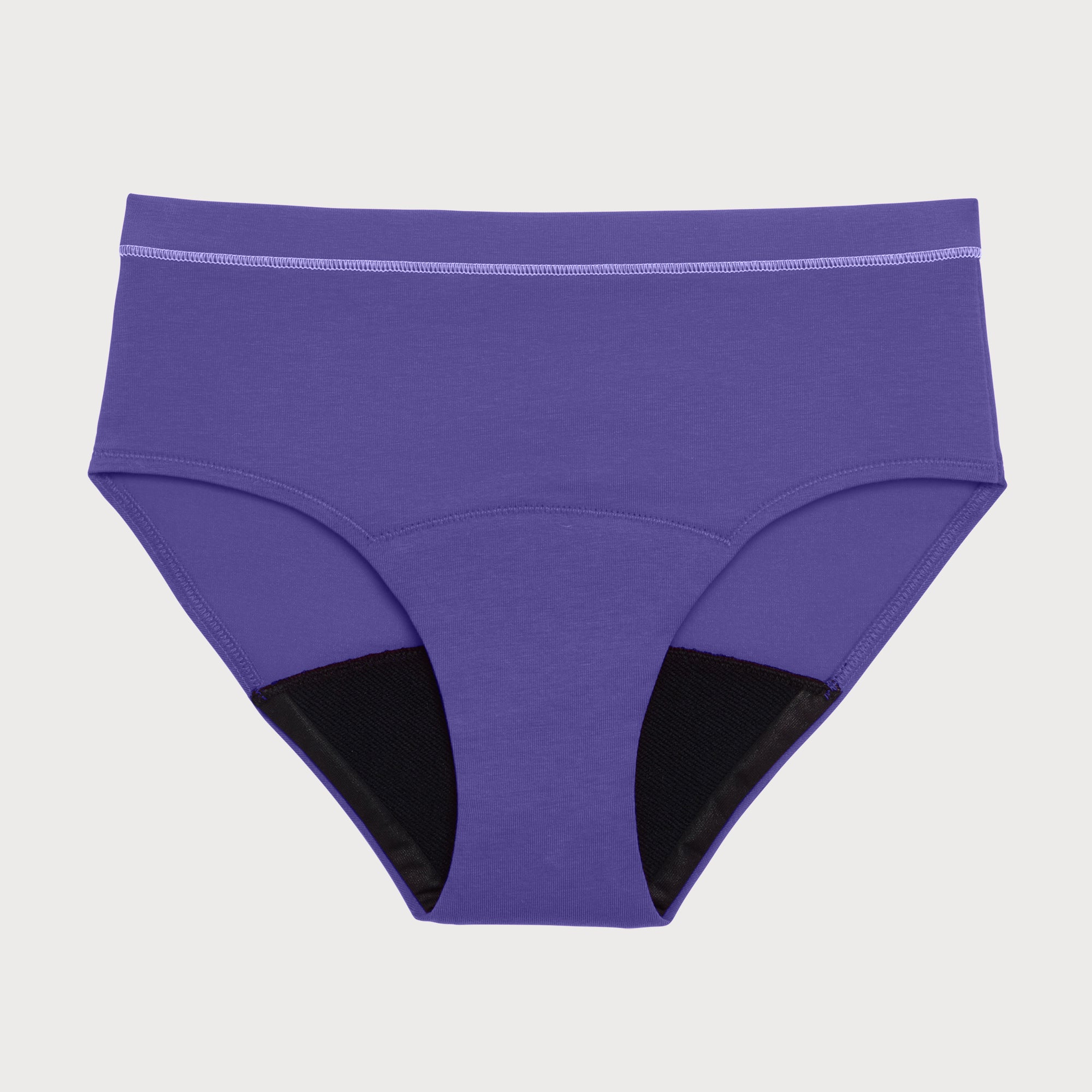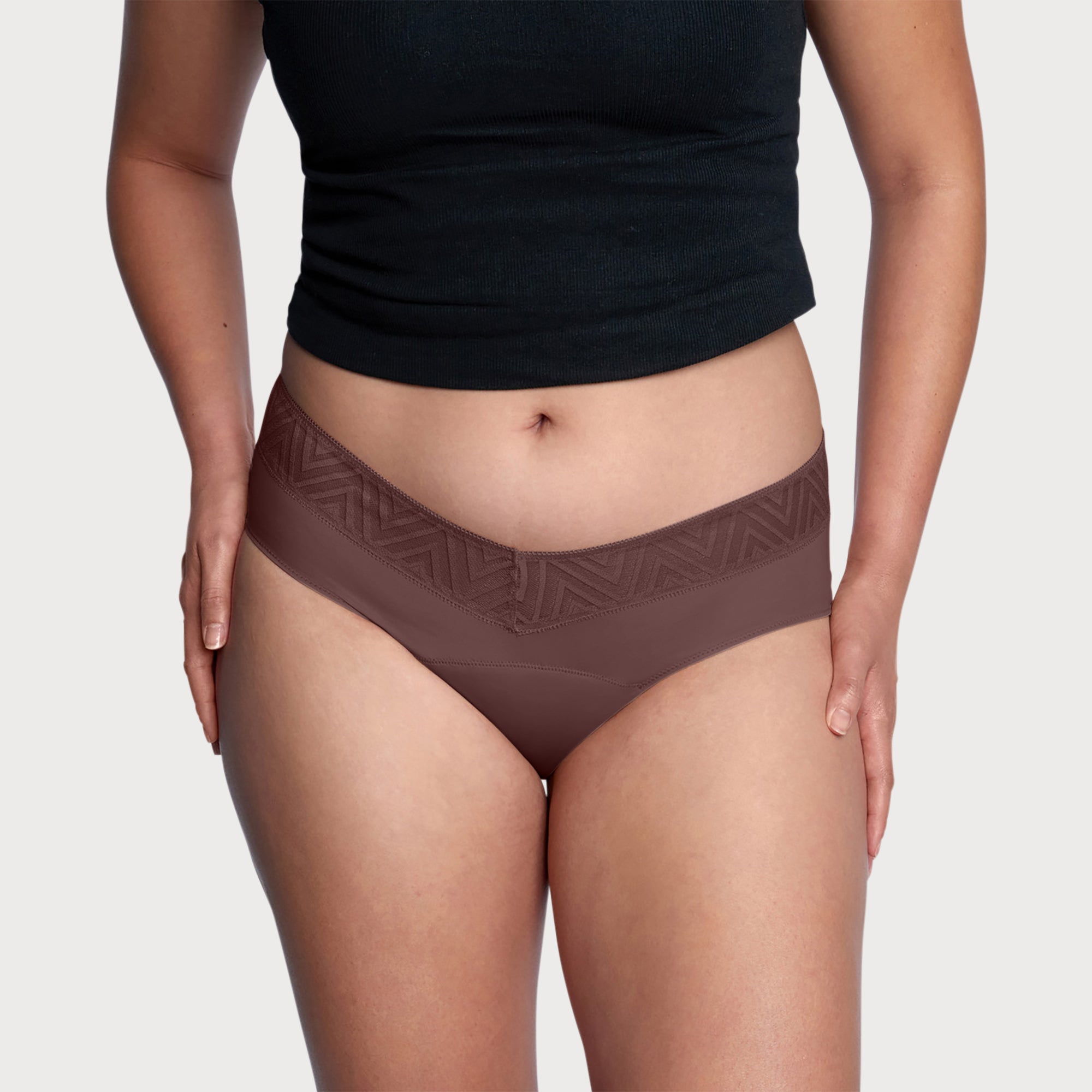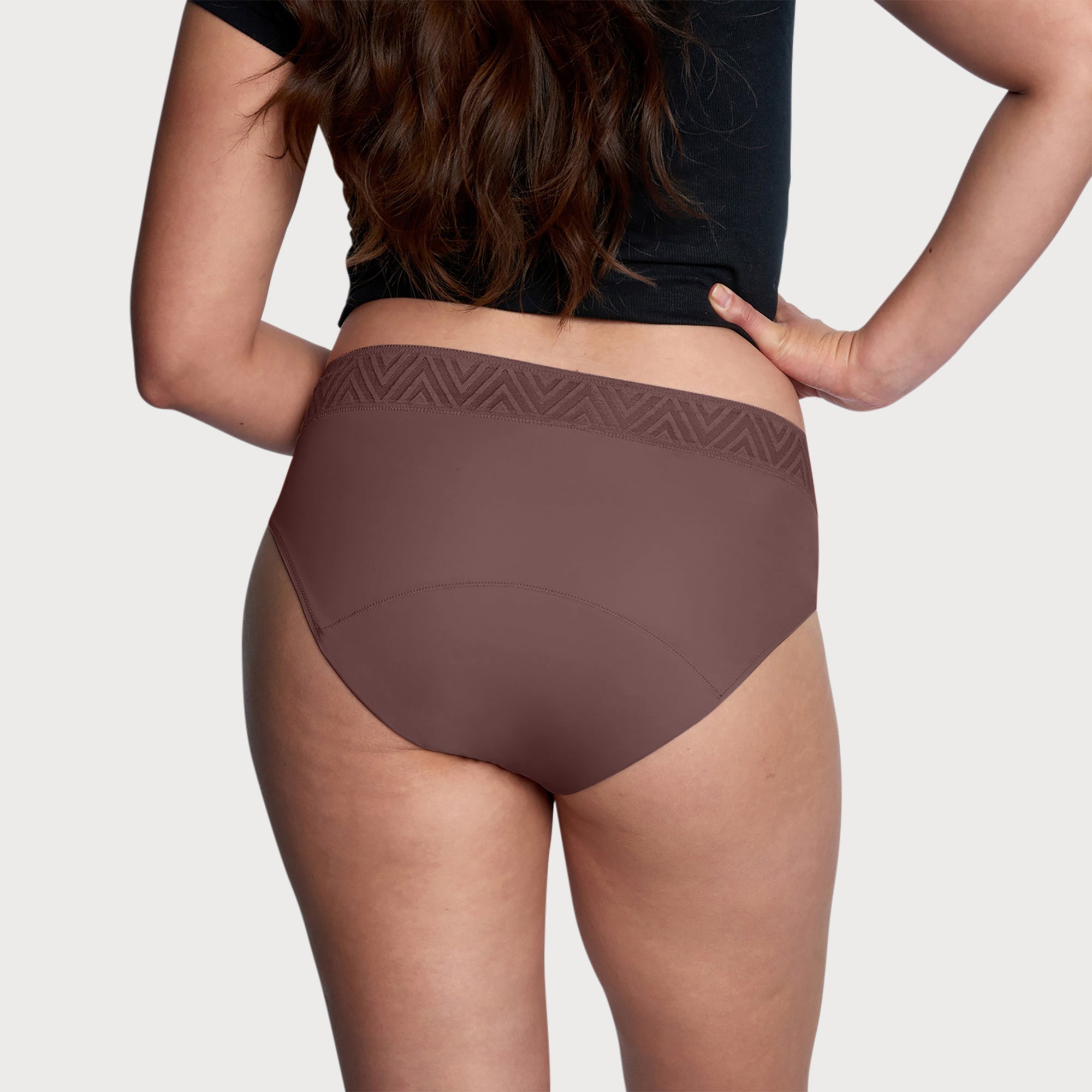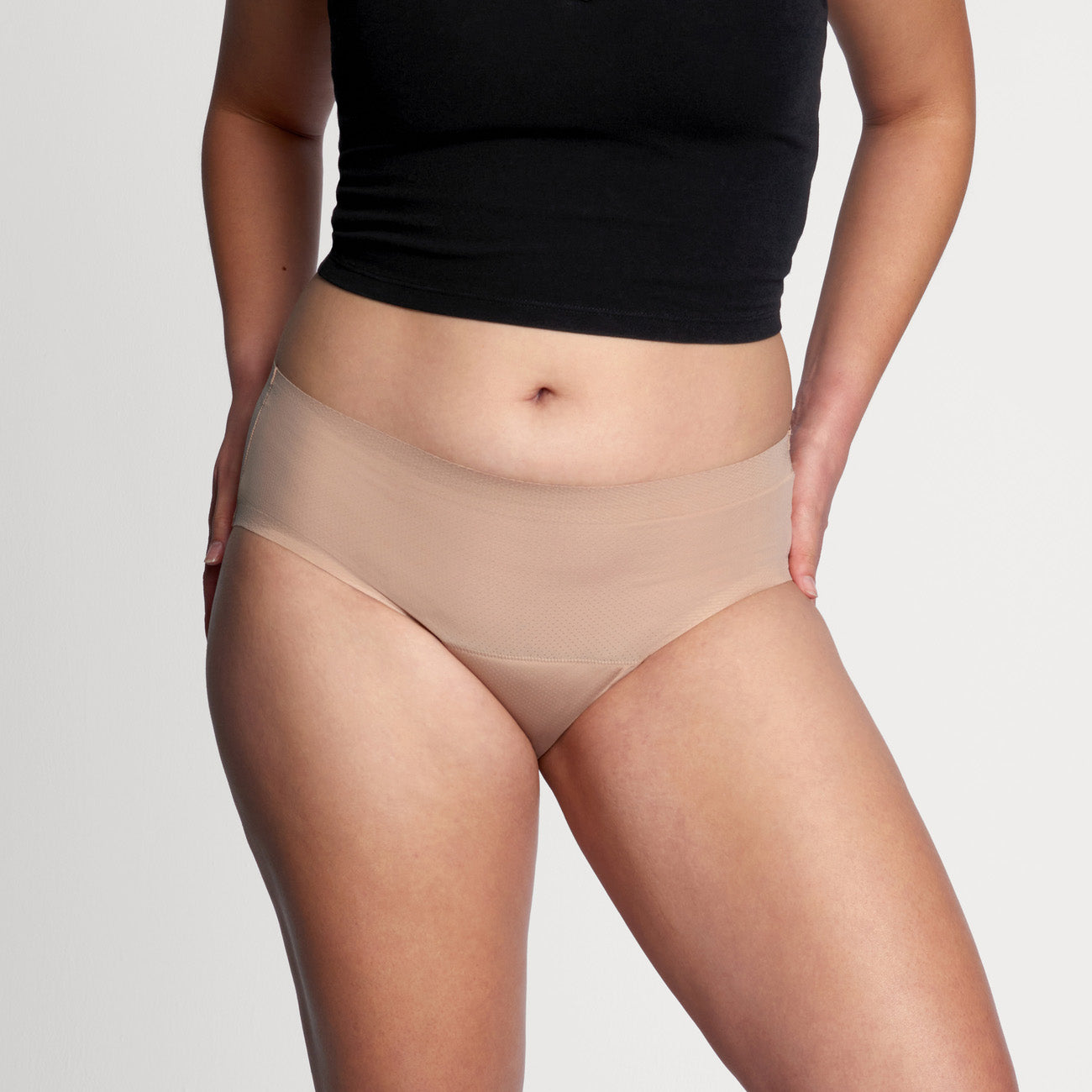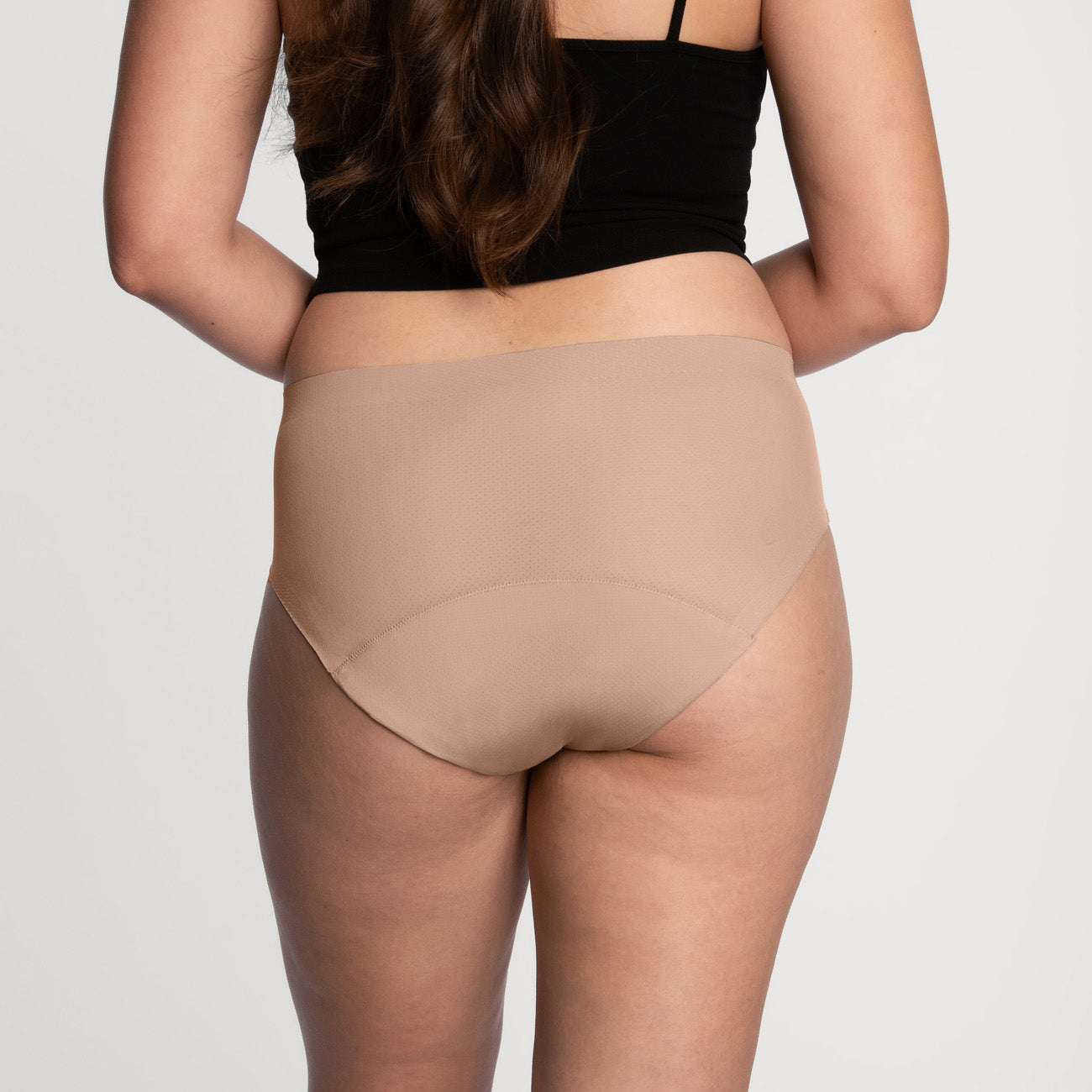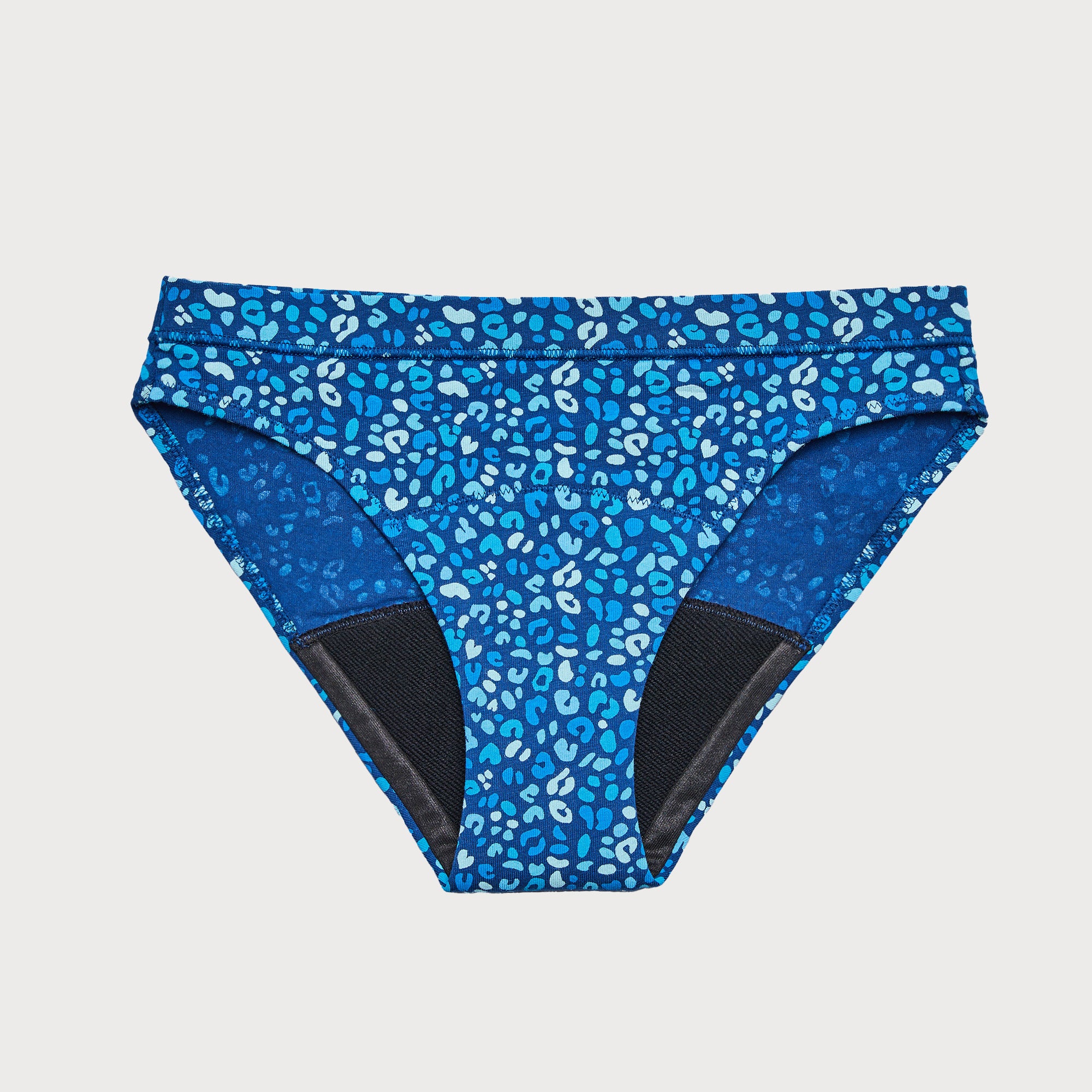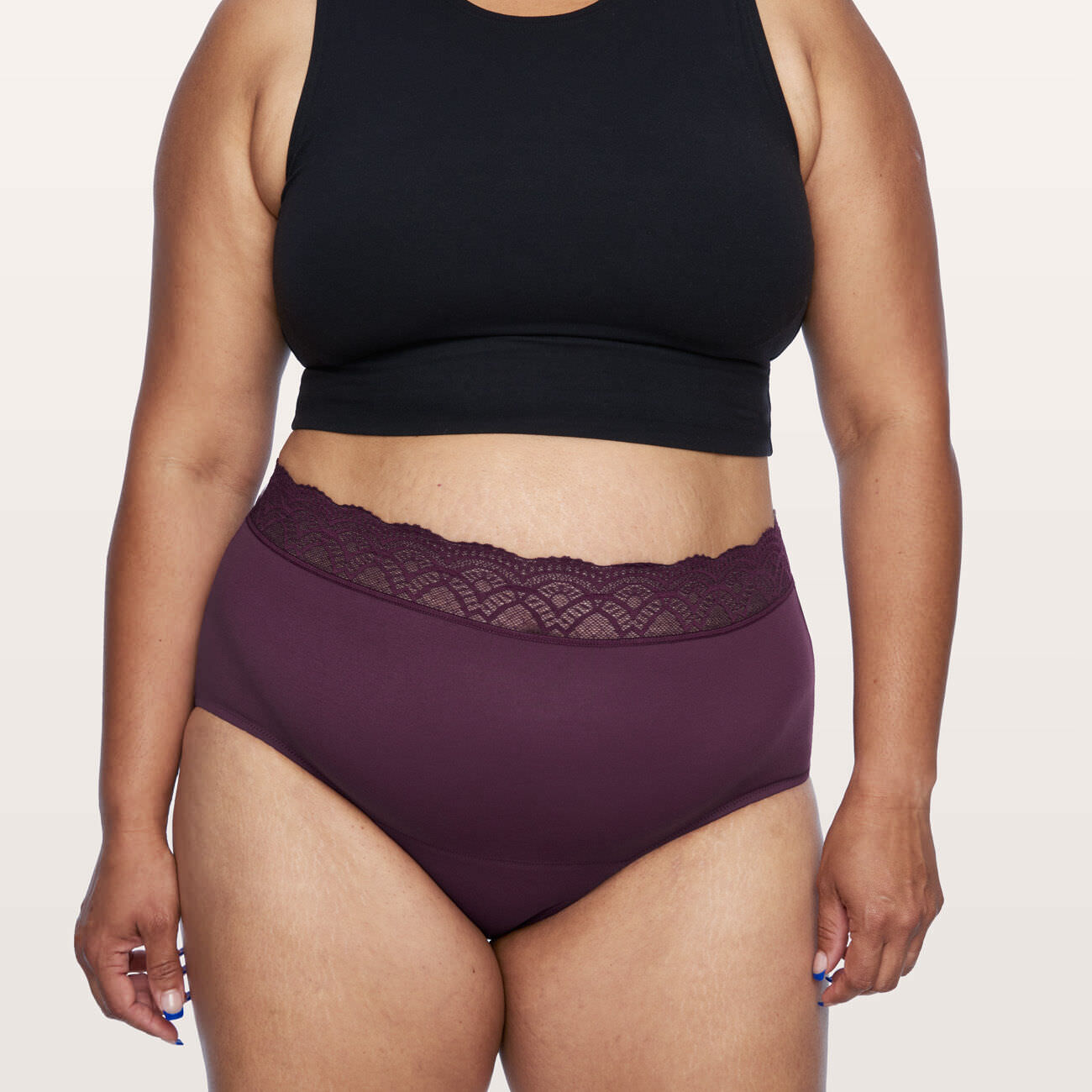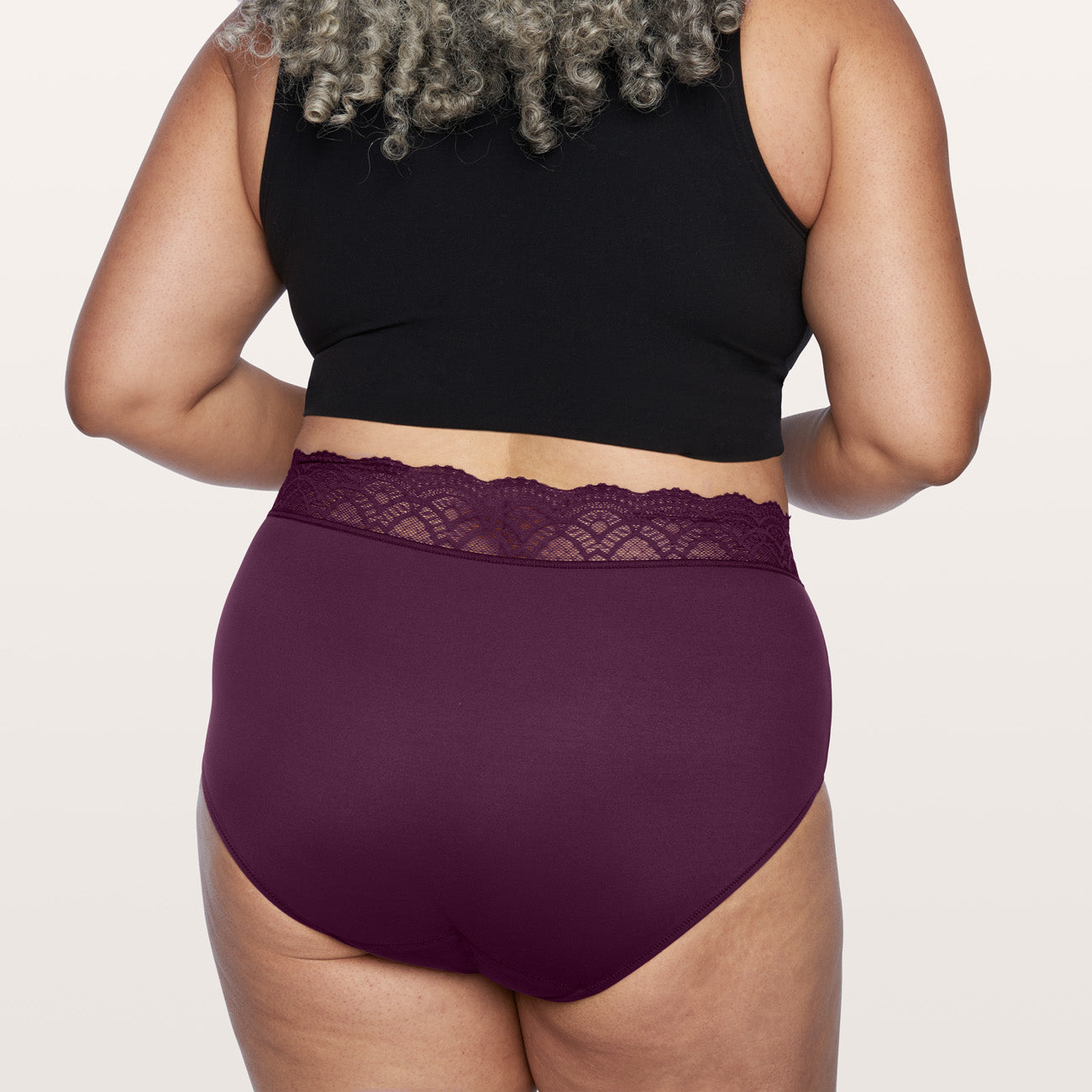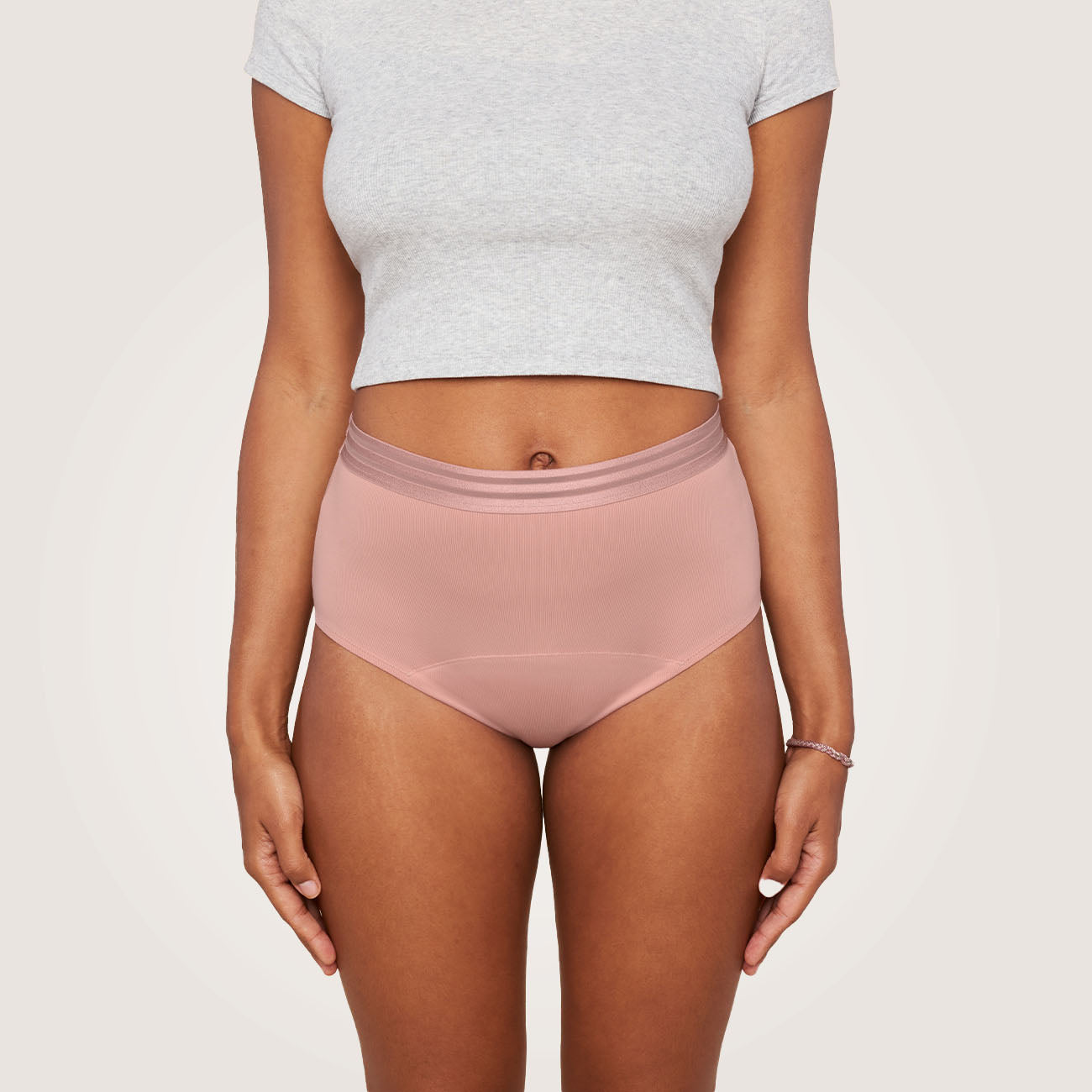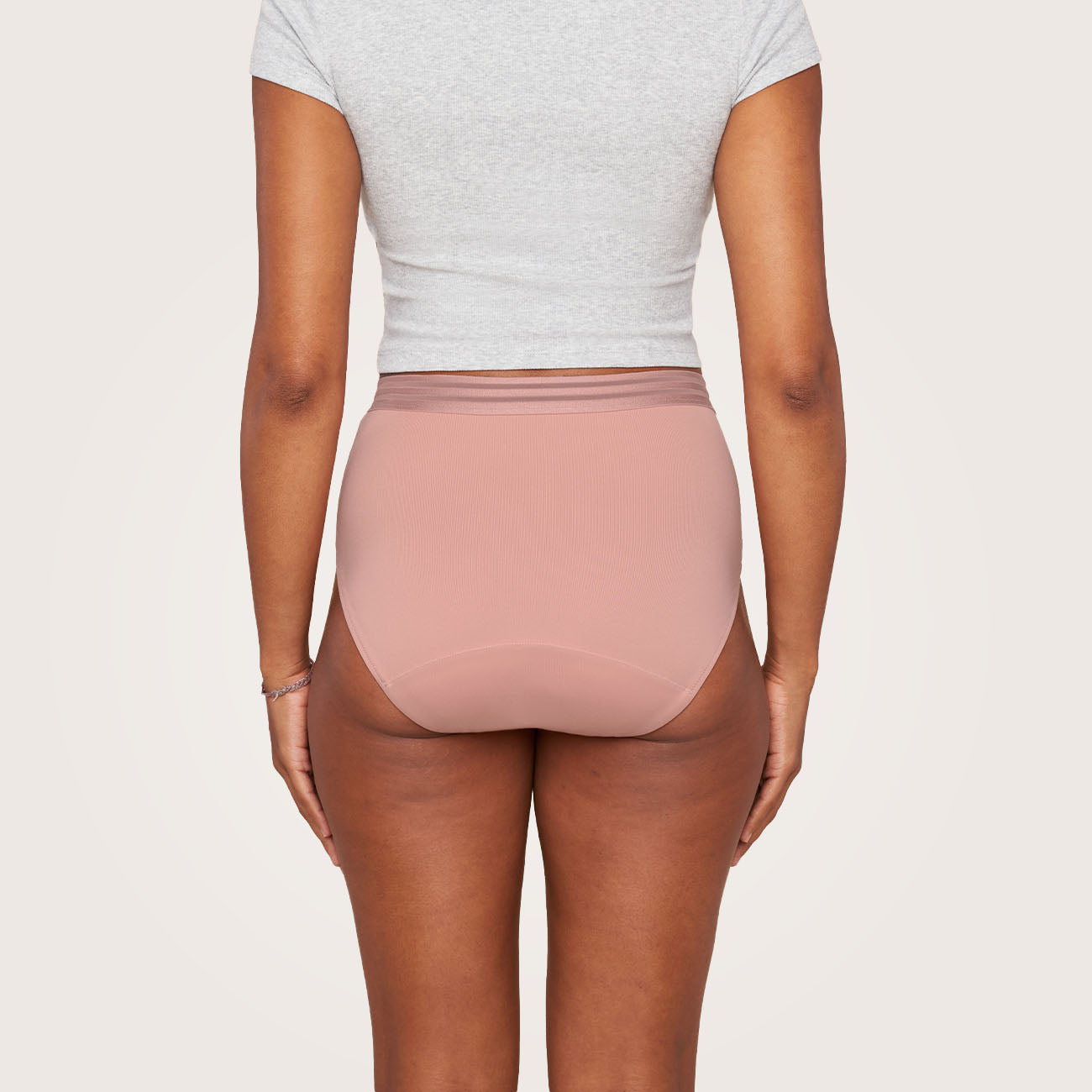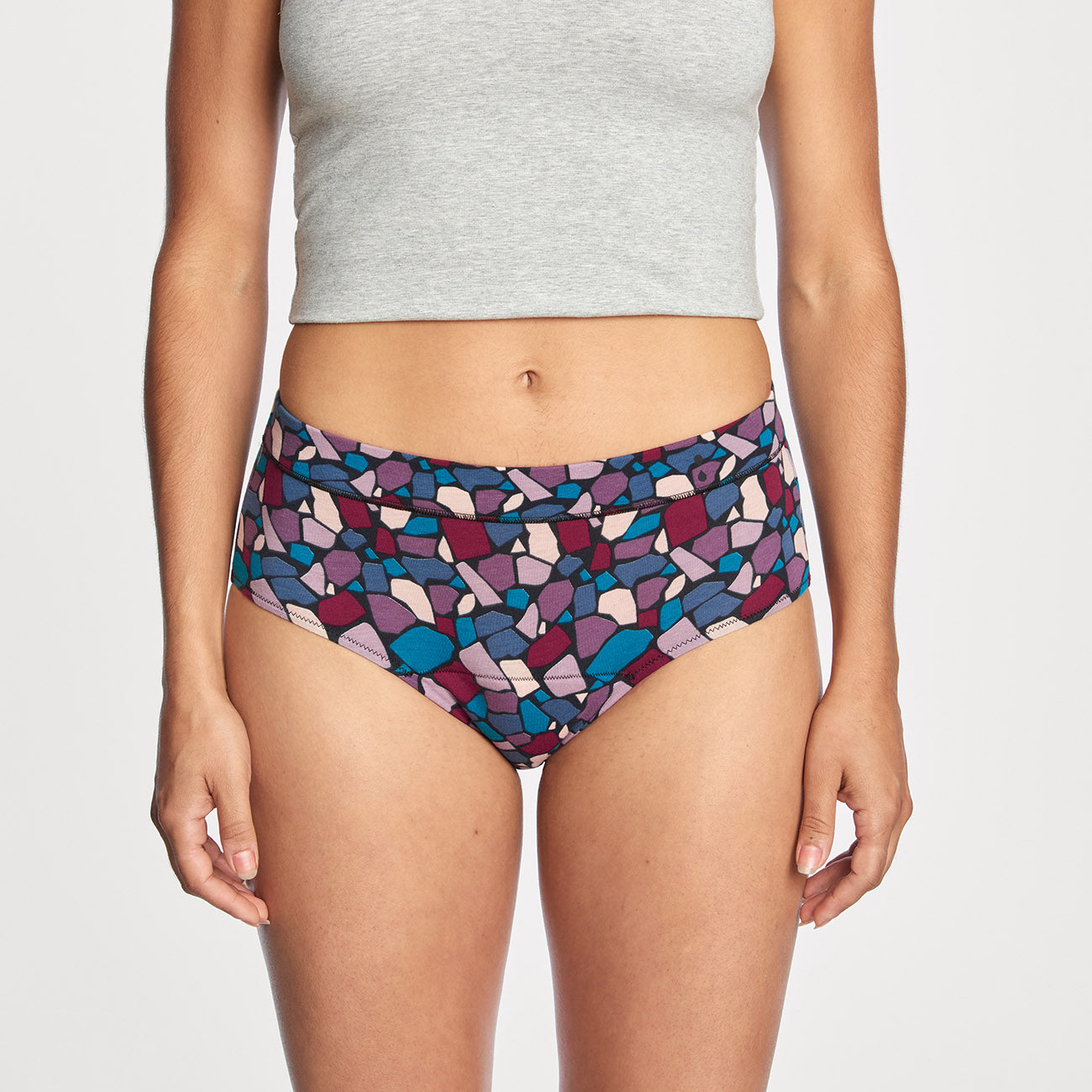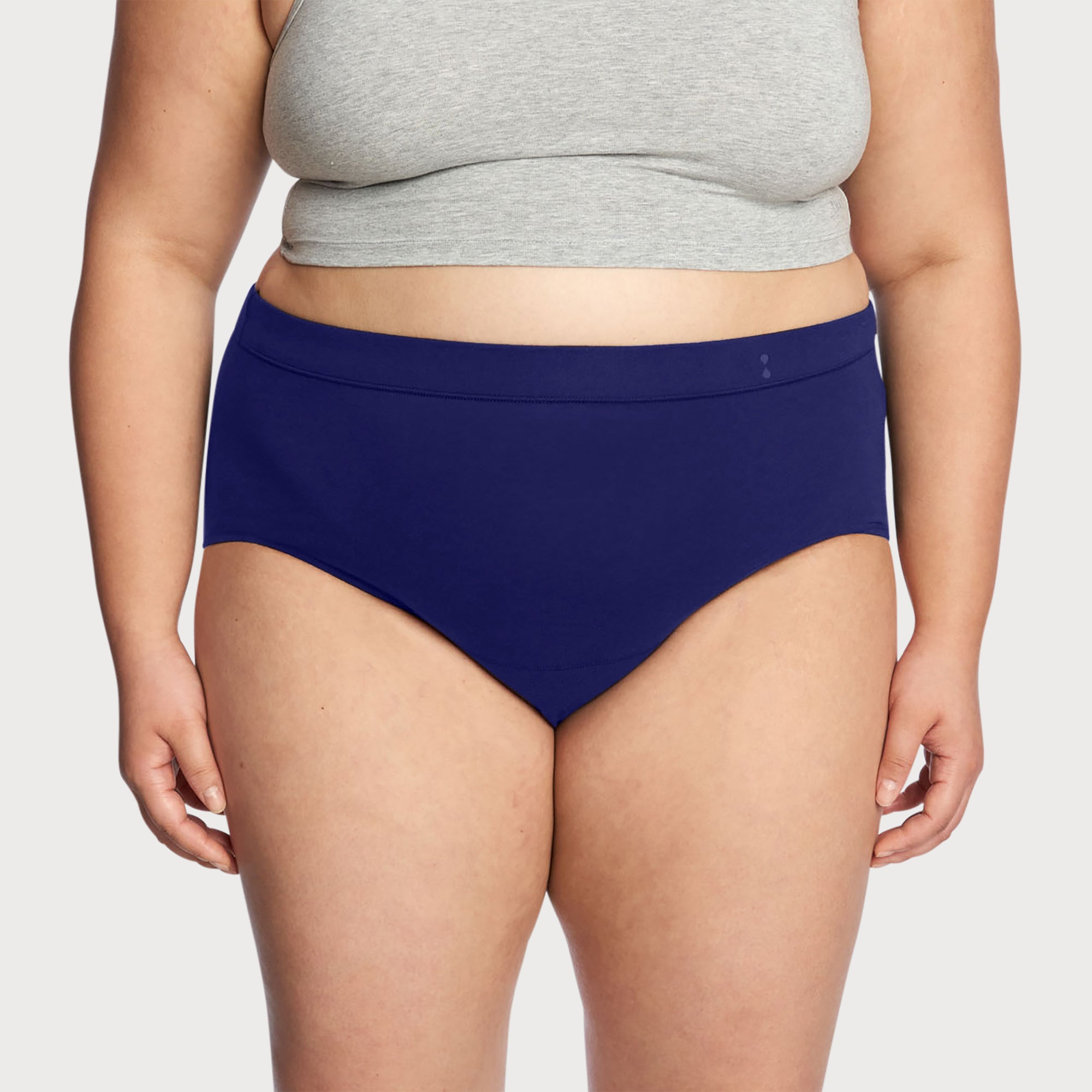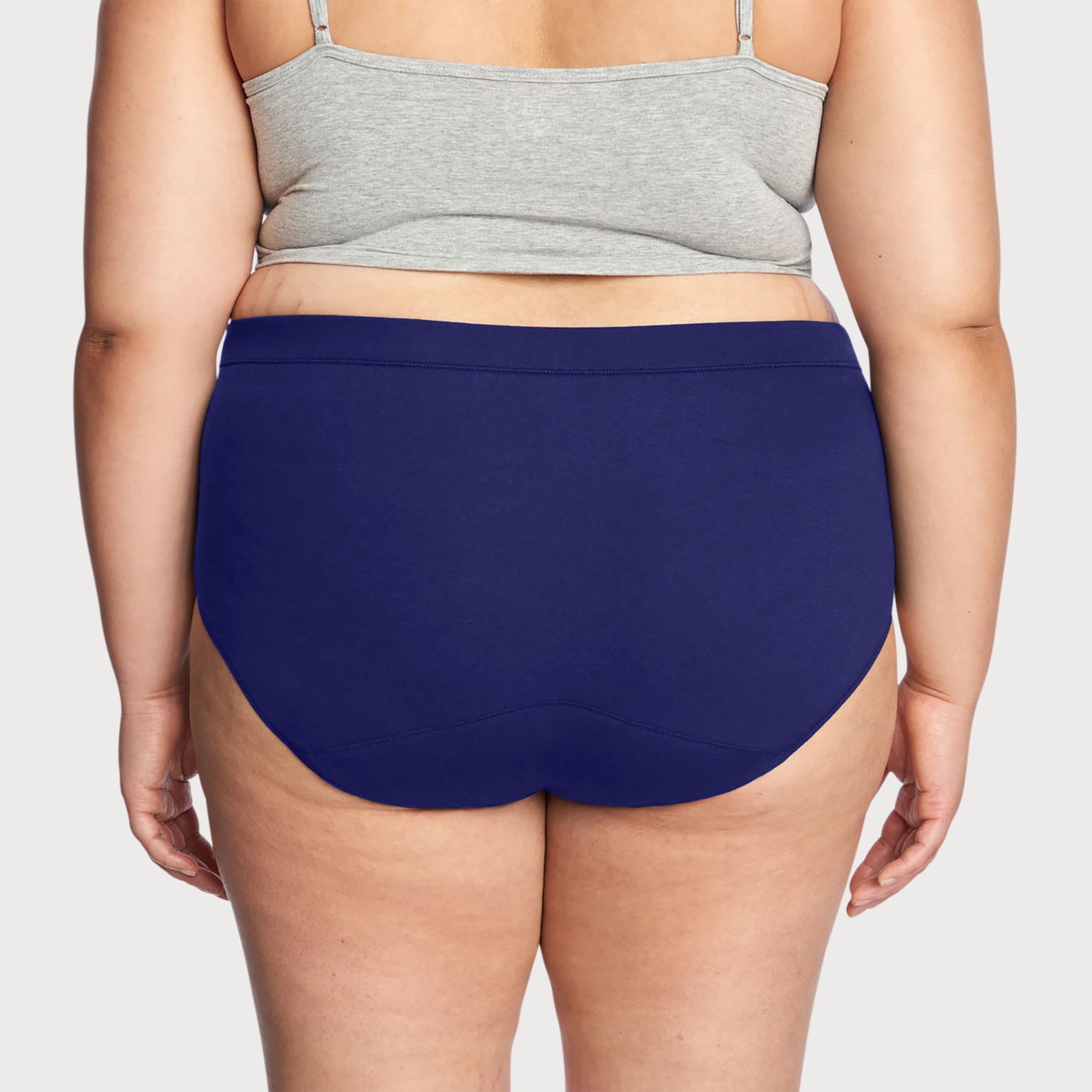What *Actually* Happens During Your Period?
- Share this article Copy to clipboard

While some of us were lucky to have a suuuper weird conversation with our mother about all things reproductive health, like blood, eggs, and *womanhood*, or a classroom discussion led by a sex ed teacher with purple hair and lots of bangles—okay, that may have just been me—for many people around the world, sometimes crucial period and sexual health education doesn’t happen at all.
As a result, menstrual cycles are often shrouded in mystery, which leads to the taboo we know and (don’t) love.
Here’s the thing — on average, people with periods will menstruate for 3,000 days in our lifetime. That’s a lot of time to be kinda hazy on the details! In the interest of education and karate-chopping an age-old stigma, let’s take this opportunity to go back-to-basics — of what happens during your period.
follicular phase
First thing’s first: Did you know we’re born with all the eggs we’ll ever have? We usually start with one to two million, but by the time the menstrual cycle begins, we drop down to around 400,000, for reasons scientists have not been able to conclusively explain. ¯\_(ツ)_/¯. Anyway, these eggs are stored in our ovaries, each inside its own microscopic fluid-filled follicle.
Simply put, the follicular phase begins on what is considered the first day of your cycle, when an egg matures, and usually lasts about half of your cycle. If you’re down to dive into the complicated stuff, let’s talk hormones:
In our brains, we have a gland called the hypothalamus. It’s responsible for a lot of stuff, including thirst, hunger, sleep, sex drive, and hormones. At the beginning of your cycle, the hypothalamus kicks things into gear by telling your body to release the follicle-stimulating hormone (FHS) and luteinizing hormone (LH). These hormone level changes that cause your eggs to mature, and get ready for ovulation (wait for it).
These multi-tasking follicles then release another hormone: estrogen. Estrogen is what causes the lining of your uterus to thicken (in preparation for a possible pregnancy). Your estrogen levels can also make your brain sharper, ramp up your sex drive, and cause you to feel more social and active.
Fun fact: With estrogen flowing, you’re also more likely to be attracted to pheromones. (Eg. sweaty people — a good excuse to go to the gym, I guess?)
ovulation
So, as our estrogen levels start building, building, building—follow the chart!—and once they hit their highest point our hypothalamus gets another message: Release LH. (Remember, from the follicular phase? Same thing, but this time much more is released all at once).
This surge causes one follicle to burst open and release an egg, which then travels into your fallopian tube. Ovulation typically lasts one day, usually around the ~14 day mark of your cycle. Tracking when your period starts and ends can help give you a better sense of when your body ovulates, especially if you are trying to get pregnant, or if you’re trying to avoid it and aren’t using hormonal birth control.
If you are using hormonal birth control, you usually won’t ovulate. Usually, birth control gives you a constant level of synthetic hormones, so you don’t get the peaks that kick off ovulation. The bleeding you experience every month is *actually* not menstrual bleeding at all, it’s withdrawal bleeding. The more you know!
luteal phase
Let’s assume there is no pregnancy, and you have no fertilized eggs. Now what happens? Well, an egg’s lifespan is around 24 hours, unlike sperm — those suckers can survive for three days! So if it isn’t fertilized in that time, it will disintegrate.
This is also usually the time when you can feel extra tired, feel lots of #feelings, have sore boobs, get super bloated, the whole premenstural syndrome (PMS) shebang — aka it’s time to put on your sweats, order Thai food, and chill.
The follicle that popped that egg out now has the very ominous name of corpus luteum (which also happened to be my teen vampire name). The corpus luteum releases progesterone that thickens your uterine wall, in anticipation of you becoming pregnant. When it’s sure there’s no potential fetus in the mix, the corpus luteum breaks down, and your progesterone level will decline, causing the cozy li’l lining your uterus has been preparing to disintegrate, leading to everyone’s fave phase...
menstruation
Yup, period time. That broken down uterine lining, the egg your body doesn’t need anymore, some other stuff like mucus, and of course, period blood, flows out your uterus and vag and into your pad, cup, tampon — or onto your jeans, if you’re not wearing your Thinx period underwear!
As you’re probably very familiar with, menstruation tends to last between 3-7 days, and it’s accompanied by all sorts of fun stuff like menstrual cramps, mood swings, fatigue, period pain and more! The good news is that the more familiar you get with what’s going on with your body, the better you can prepare for what comes along with each menstrual phase.
And once it’s over, you get to start all over again. Yay!/?
Are there any other period things you feel like you should have learned, but kinda don’t know that well? Let us know in the comments!




